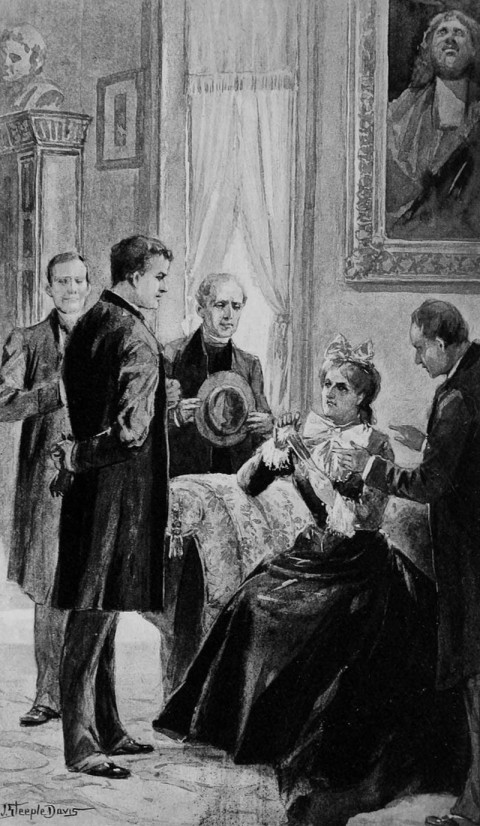How do novelists write about faith in a culture that's moving past it?
Oddly, the less people know about something the harder it is to tell them about it.

The easy part of representing Christianity would seem to be the part to do with representing it as a human, social activity. Whatever else they are, churches are groups, tribes, institutions, with particular rules and habits of relating, and micropolitics. They have hierarchies both of the formal kind and of charisma and informal authority; and they have demanding ideals of behavior that most probably will stand in temptingly ironic contrast to the actual behavior of the people involved.
All of which is rich fictional material in exactly the same way that the life of any defined group provides rich material for stories. We like hearing about villages, we humans; and maybe most of all we enjoy villages stirred up by some principle, to give a narrative tug to events, as ironic as you like. This is the recipe for Anthony Trollope’s explorations of the cathedral close at Barchester, and for Barbara Pym’s novels of spinsters at evensong. It would seem that you could enter into this fictional territory without any metaphysical commitments, equipped only with a descriptive curiosity and a broad imaginative sympathy. Representing faith this way would be only as difficult—that is, fiendishly difficult, but let’s not be downhearted—as representing any other idea-influenced piece of human activity. It wouldn’t pose a particular problem.
But although people go on writing this kind of story of religious life all over the planet, there hasn’t been a lot of Trollope or of Pym produced locally, lately; not in Western Europe, not in England. And I think our position in a culture where the religious tide has gone a very long way out, by global standards—leaving us on these secular mudflats, surrounded by curious shells and rusty bicycles—shows us something that may not be apparent in other places, which is that the apparently descriptive, merely curious village-life novel of faith did in fact quietly depend on a metaphysical commitment. It was (is) built on a shared assumption between writer and reader that a disposition of life around religion makes sense. Makes, in fact, such basic sense that the sense it makes can be left offstage and the author can concentrate on all the secondary human consequences of that sense, ramifying all over the place in lovely narrative patterns. But when that underlying assumption is removed, the village life of Christians stops being just another intelligibly villagey panorama and becomes mysterious. It dwindles into anthropology, to be explained as it goes; it becomes exotic, science-fictional, a zoo for the bizarre; it becomes a mode of story, often, whose point is to criticize, to indicate a confinement from which the characters could—should—break free.





